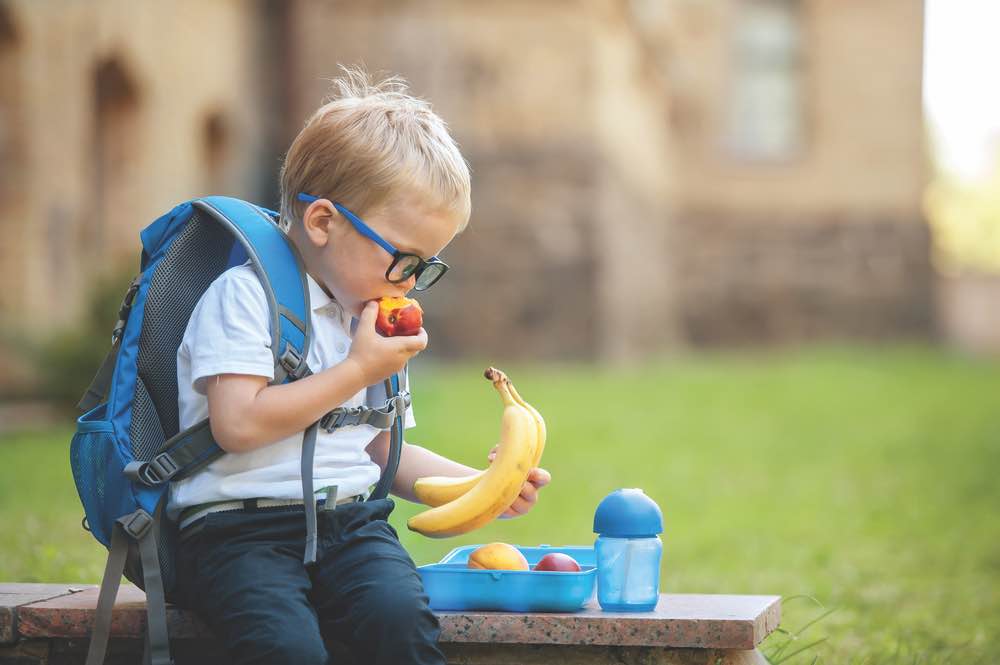The Soil Association has released a new report, which finds that Government spending of some £40m is encouraging youngsters not to like fruit and vegetables.
The State of the Nation report, as part of the Food for Life initiative, examined children’s food in England and provides an overview of how children ate in 2018, considering the political, environmental and social forces shaping their diets. The report also contains five proposals to improve children’s food in England in 2019 following consultation with children, parents, cooks and teachers.
One key recommendation is that the Government fixes the School Fruit and Veg Scheme; more than £40m is spent each year providing a piece of fruit or veg each day for those aged four to six but the produce is typically low quality. The report found that children are being presented with produce so lacking in flavour and texture, it’s teaching them to actively dislike (or at least distrust) fruit and veg. Instead of introducing a love for healthy fruit and veg, this Government scheme is having an entirely counter-productive effect, it said.
In addition, Freedom of Information requests submitted to the Department of Health and Social Care reveal that a low proportion of the fruit and veg is British, with only 13 per cent of apples and five per cent of pears being sourced from this country. These long supply chains mean the produce is shipped around the world, and is often lacking in freshness, so there’s also a high level of waste. The report calls on Government to re-specify the scheme so that more of the produce is British, local and organic.
Commenting on the report, Rob Percival, Head of Food Policy at the Soil Association, explained: “This State of the Nation report from Food for Life reveals the true face of children’s food in England. It shows that while there has been some positive progress this year, there is still a long way to go until a balanced diet of fresh and minimally processed food is the norm for children in this country.
“The School Fruit and Veg Scheme is broken. Not only is the produce often lacking in freshness and of low quality, but data shows that the produce contains higher pesticide residues than equivalent produce found on supermarket shelves, including pesticides associated with a negative effect upon children’s cognitive development. The Government must re-specify the scheme so that a higher proportion of the produce is British, local and organic, and is, therefore, fresher, of known provenance, containing lower pesticide residues, and is more enjoyable for children.”
A Food for Life teacher survey conducted in 2018 revealed that 92 per cent of teachers think the scheme has the potential to increase children’s fruit and veg consumption, but the teachers who responded to the survey were highly critical of the quality of the produce provided.
The report also recommended the Government should urgently review its 30 hours free childcare policy and ensure that early years settings are adequately funded to provide food. Free healthy lunches should be provided for the most disadvantaged children as part of their entitlement, in line with entitlement for free school meals. It also wants to see the quality of school meals safeguarded; the Government should take steps to avoid a new ‘race to the bottom’ in school meals by ringfencing Universal Infant Free School Meal budgets and giving clear guidance to procurers that quality should always be given greater weighting than cost.
It also wants Government to set the ambition that all children’s meals in cafés and restaurants and visitor attractions are served with two portions of veg and that it should use post-Brexit farming policy to make fresh fruit and veg more accessible and affordable to children and families.


